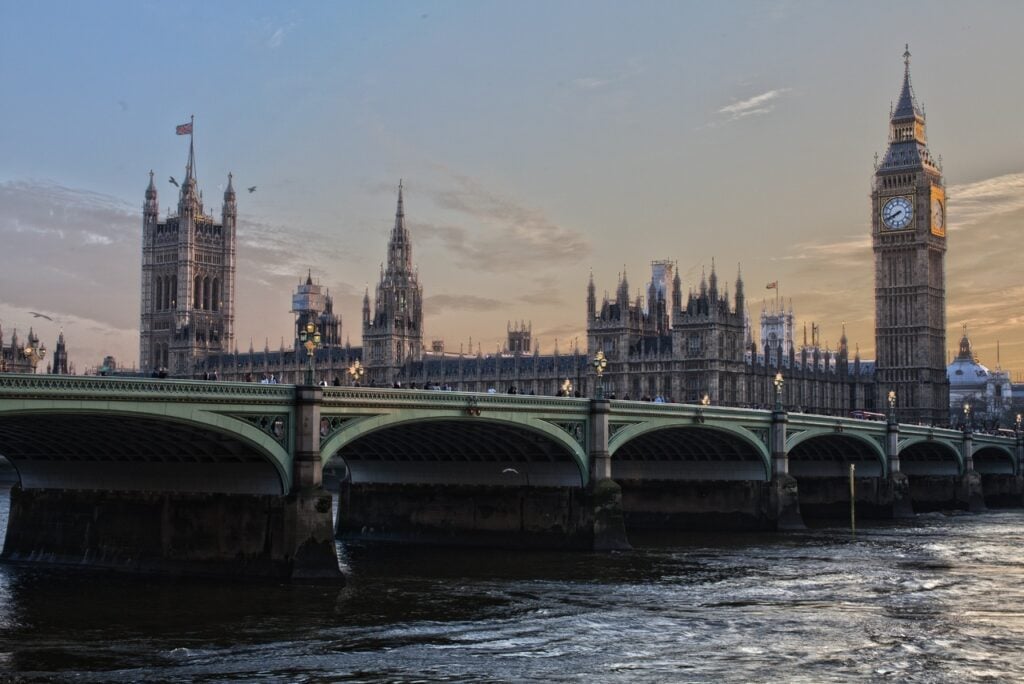A number of the UK’s energy suppliers have penned a letter to the government expressing concerns over the new measures proposed in the Energy Prices Bill which grant ministerial powers in the energy sector.
Signed by Energy UK, Centrica, Drax, EDF, E.ON and Engie, the letter addressed to Jacob Rees-Mogg, the secretary of state for business, energy and industrial strategy, explained that the measures threaten to “undermine the long-established principle of strong, independent regulation of the energy sector”.
Released in early October, the Energy Prices Bill enshrined the support measures announced over the last few months into law, including the Energy Price Guarantee for domestic consumers and Energy Bill Relief Scheme for businesses and non-domestic properties.
Some of the clauses within the bill “unexpectedly” propose extensive new powers for Ministers in relation to the regulation of the sector, the letter read. This is despite the government stating it had worked with industry on the details of the proposal, which is set to come into force from the start of 2023.
One of the reasons cited against these ministerial power proposals is the change in Conservative Party leadership, with Liz Truss having resigned as Prime Minister last week, creating more uncertainty around the energy crisis heading into winter.
To promote positive support systems and a healthy energy sector heading into the winter months, the energy suppliers called for “urgent clarification and reconsideration of the inclusion of these broad measures”.
Ensuring stability in the sector is paramount for businesses and consumers to plan ahead of the winter as the energy crisis’ grip tightens on the UK. Importantly the Bill sets out concrete plans to decouple the cost of low-carbon electricity from that of gas prices through the Cost-Plus Revenue Limit in England and Wales.
This would reduce the impact of the unprecedented wholesale prices on consumers and the taxpayer, the government said. However, a proposed temporary Cost-Plus Revenue Limit could also hinder the traction that the renewable energy sector has gained in recent years.
The precise mechanics of the limit are still subject to consultation – which will be launched shortly – but it will set a revenue limit that curbs the amount generators can make. This could have a detrimental affect on the renewable energy sector in the UK, as expressed by the letter.
The letter reads: “The proposals concerning the Cost-Plus Revenue Limit are significant enough in themselves to put investment in the UK’s low carbon industry in jeopardy at a time when it is most needed to ensure our long-term energy security. Clauses in the Bill giving the Secretary of State powers to intervene to extend duration and intervene in the level of the Default Tariff Cap are equally concerning”.
In light of this, the energy suppliers believe this must be an “independently made economic decision, based on the efficient costs accrued by energy suppliers”.
The final concern highlighted in the letter focuses on a proposal that grants the Secretary of State power to be able to widely modify licenses and issue directions amid an energy crisis. The letter states that this has the “potential to impact just about everything energy companies do on an indefinite basis”.
It is hoped these clauses will be rectified otherwise investment in the UK’s energy sector, at a time when it should be increasing at an accelerated rate, could be severely damaged.
The measures have been introduced by the government are an attempt to decouple wholesale gas and power prices to reduce the impact on consumers and businesses. In July Ofgem announced it was eyeing a range of reforms to help accelerate the green energy transition in Britain, including such a move.





